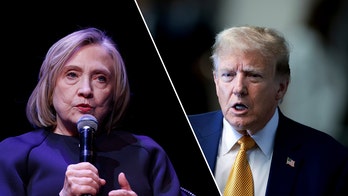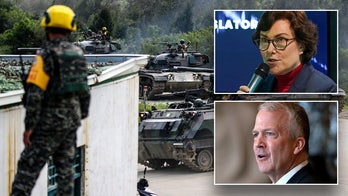A former CNN reporter shares her disconcerting encounter with a group of seemingly ordinary individuals who revealed their fervent support for Donald Trump over dinner, highlighting the alarming rise of hidden political divisions and the need for open dialogue.

Journalist Michelle Kosinski, once a correspondent for CNN and NBC News, recounts a chilling experience she had at an undisclosed dinner. Among the attendees were a group of well-educated and seemingly successful individuals who, at first glance, appeared to be perfectly ordinary. However, as the evening progressed, a disturbing revelation unfolded.

Over a few drinks, cracks began to appear in their carefully crafted facade. One couple adamantly refused to let their children apply to Ivy League universities, offering vague and peculiar reasoning. Others nonchalantly used air-quotes when discussing climate change, betraying their skepticism towards scientific facts.
Kosinski observes that it is precisely these seemingly innocuous individuals who pose the most significant threat. Their polished appearances and seemingly normal behavior conceal a deep-seated and potentially dangerous ideology. She writes, "The others... quickly changed the subject and nervously said they don't want to talk politics."

As the conversation grew more heated, those who dared to present facts and challenge their beliefs were swiftly dismissed. Kosinski notes with concern that these individuals retreated into their comfortable echo chambers, where their beliefs were never subjected to scrutiny or debate.
Kosinski emphasizes the importance of open dialogue and the dangers of allowing people to live in their own information silos. She writes, "If people don't ever talk about these things as friends and neighbors, and only live in their own warped information silos, how will they ever learn what is true or false?"
Her anecdote sparked controversy, with critics like Mark Hemingway of Real Clear Investigations mocking the assertion that Trump supporters are disconnected from reality. Hemingway points to economic indicators such as rising mortgage rates and inflation as evidence that people are well aware of the challenges facing the country.
However, Kosinski's account serves as a sobering reminder that the political divide is not always apparent on the surface. Hidden within seemingly ordinary individuals are deeply held beliefs that, if left unchecked, have the potential to further polarize society and undermine democratic discourse.










